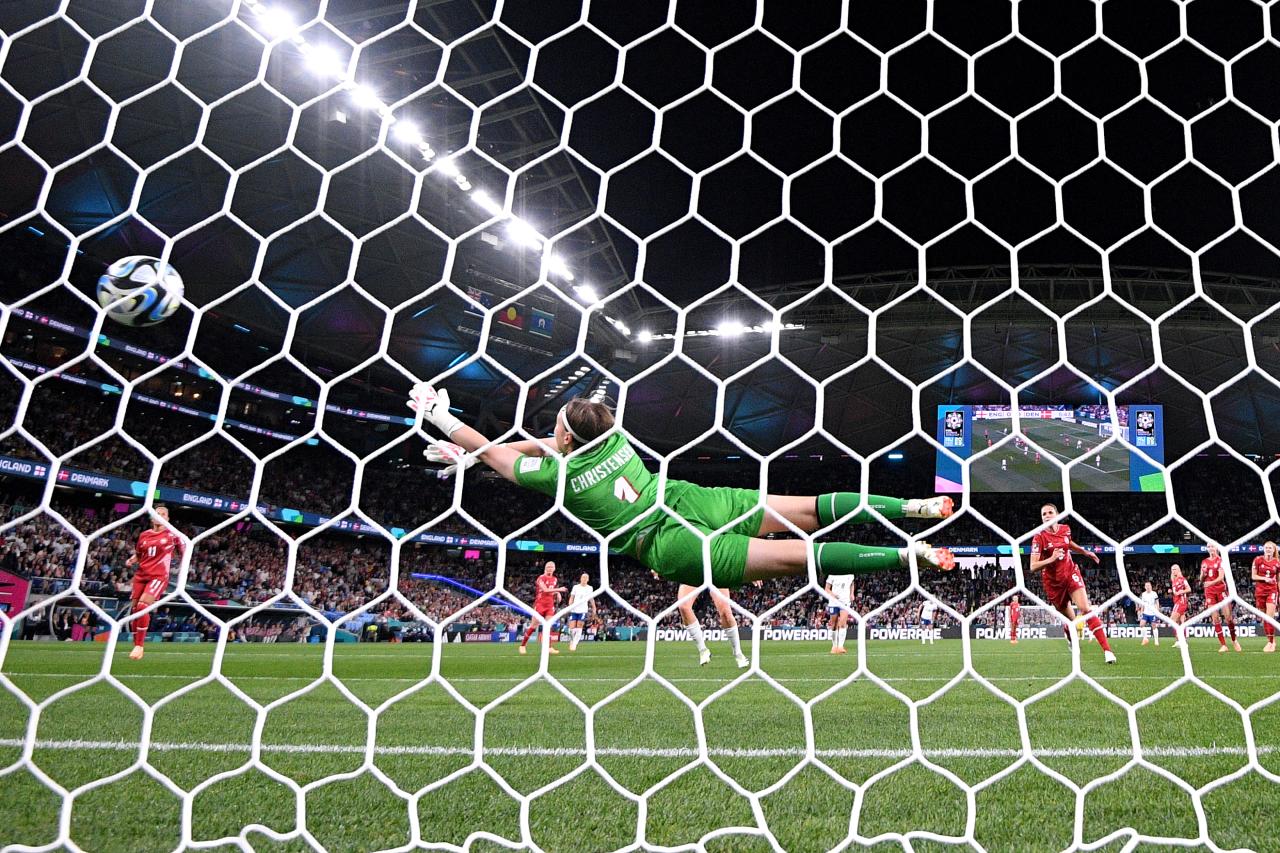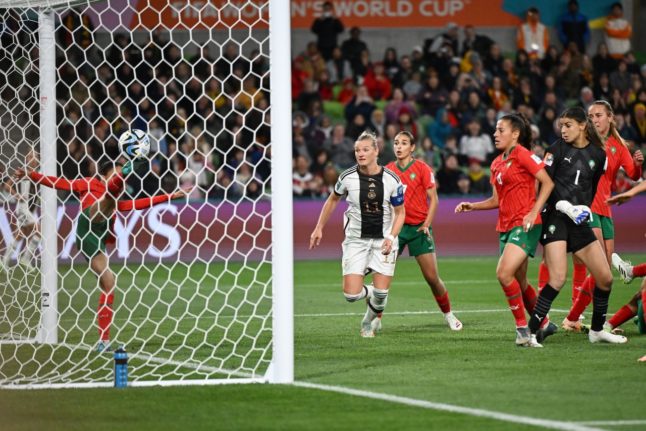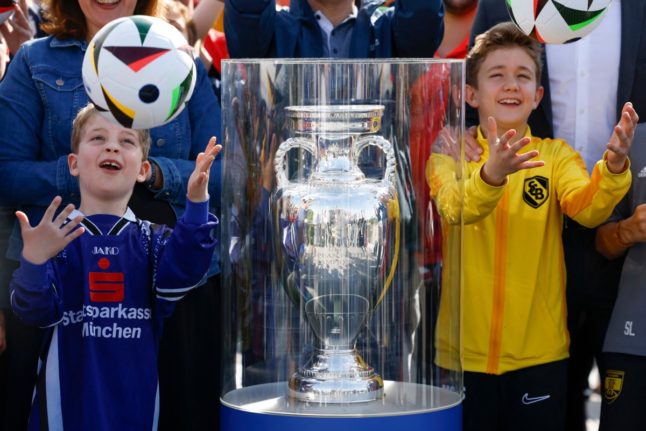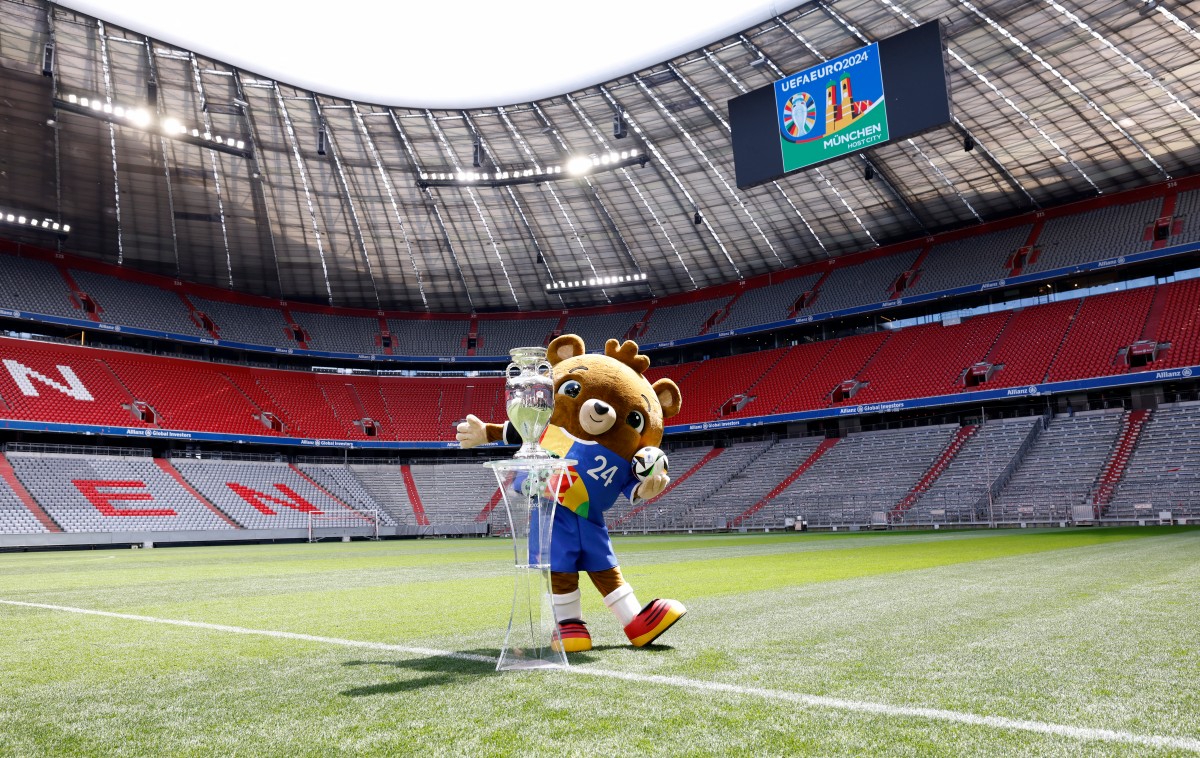Since England beat Germany to the trophy in the nail-biting finale of last year’s European Championships, football fans around the world have been eagerly awaiting this year’s Women’s World Cup.
On July 20th, it finally arrived – and it’s been a thrilling tournament so far, with England and Spain fighting their way to Sunday’s final.
Though coverage of women’s football has traditionally been patchy, things have been changed a lot in recent years.
But fans in Germany still had to wait until days before the start of the tournament to discover that most of the matches would be broadcast for free in the country.
READ ALSO: Germany’s once fearsome World Cup reputation in tatters
Where to watch the Women’s World Cup Final?
On July 15th, German broadcasters ARD and ZDF announced that they would between them be broadcasting all the major World Cup matches between July 20th and August 20th.
ARD and ZDF have each had broadcasting rights to a different stage of the tournament, with ARD broadcasting the third-place playoff between Sweden and Australia and ZDF broadcasting the final.
ZDF matches can be watched on the ZDF channel on your television or online on their live sports stream here.
ARD matches can be watched on the Das Erste channel on your television or live-streamed here on ARD Mediathek.

Third place play-off Saturday, August 19th
10am Sweden vs Australia (ARD)
World Cup Final, Sunday, August 20th
12noon Spain vs England (ZDF)
What about public viewings?
One of the greatest joys of watching World Cups in Germany (when they run in the summer, that is) is gathering outdoors at what the Germans describe as “public viewings”.
READ ALSO: Eight signs summer has arrived in Germany
A map of public viewing locations in Berlin can be found on the state website here – and there are plenty to choose from around the city. Elsewhere in the country, things may be a little more patchy, but we recommend stopping by your favourite football in the neighbourhood and asking if they’ll be showing the matches.
Otherwise, parks, beer gardens and open-air cinema locations tend to be a relatively safe bet – especially for the major matches.




 Please whitelist us to continue reading.
Please whitelist us to continue reading.
Member comments